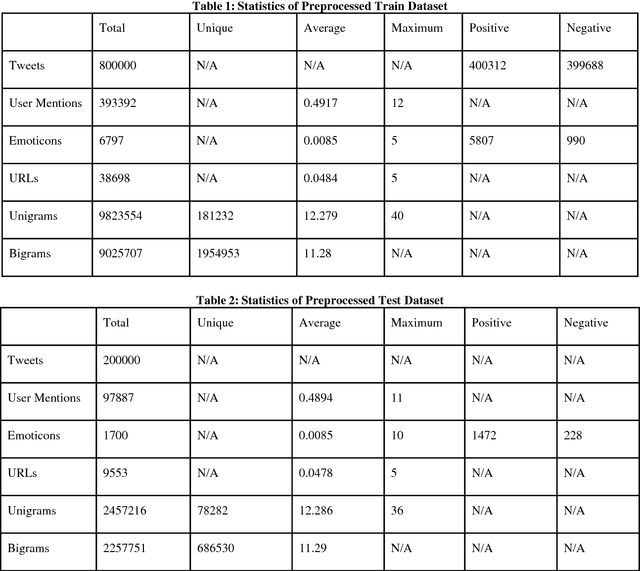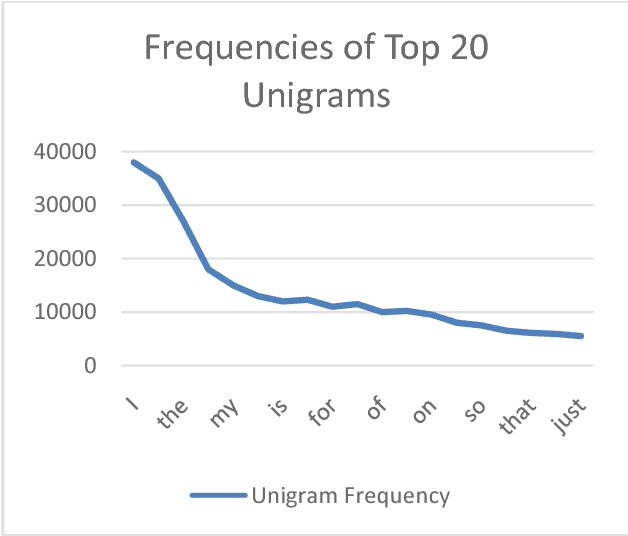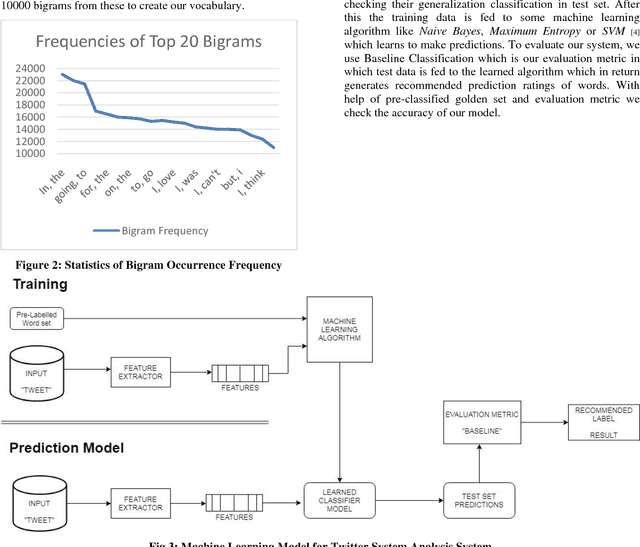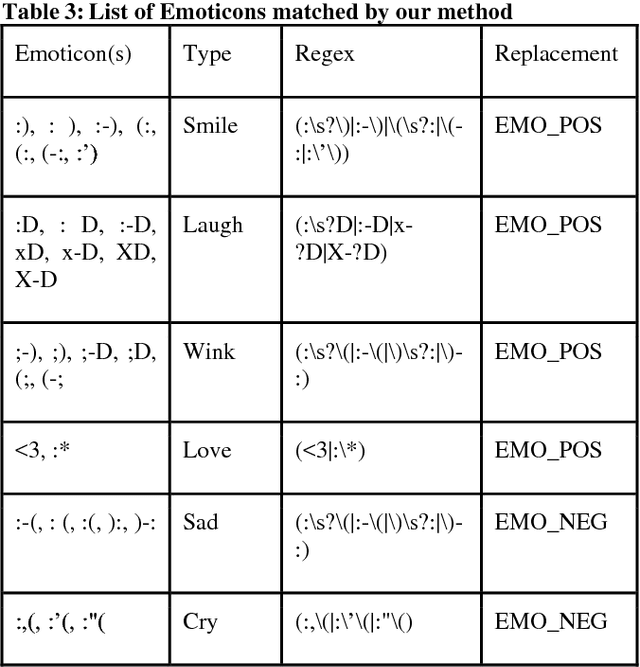Shaunak Joshi
Extraction and Summarization of Explicit Video Content using Multi-Modal Deep Learning
Nov 21, 2023Abstract:With the increase in video-sharing platforms across the internet, it is difficult for humans to moderate the data for explicit content. Hence, an automated pipeline to scan through video data for explicit content has become the need of the hour. We propose a novel pipeline that uses multi-modal deep learning to first extract the explicit segments of input videos and then summarize their content using text to determine its age appropriateness and age rating. We also evaluate our pipeline's effectiveness in the end using standard metrics.
Low-Shot Learning for Fictional Claim Verification
Apr 05, 2023Abstract:In this paper, we study the problem of claim verification in the context of claims about fictional stories in a low-shot learning setting. To this end, we generate two synthetic datasets and then develop an end-to-end pipeline and model that is tested on both benchmarks. To test the efficacy of our pipeline and the difficulty of benchmarks, we compare our models' results against human and random assignment results. Our code is available at https://github.com/Derposoft/plot_hole_detection.
Twitter Sentiment Analysis System
Jul 20, 2018



Abstract:Social media is increasingly used by humans to express their feelings and opinions in the form of short text messages. Detecting sentiments in the text has a wide range of applications including identifying anxiety or depression of individuals and measuring well-being or mood of a community. Sentiments can be expressed in many ways that can be seen such as facial expression and gestures, speech and by written text. Sentiment Analysis in text documents is essentially a content-based classification problem involving concepts from the domains of Natural Language Processing as well as Machine Learning. In this paper, sentiment recognition based on textual data and the techniques used in sentiment analysis are discussed.
* 5 pages
 Add to Chrome
Add to Chrome Add to Firefox
Add to Firefox Add to Edge
Add to Edge